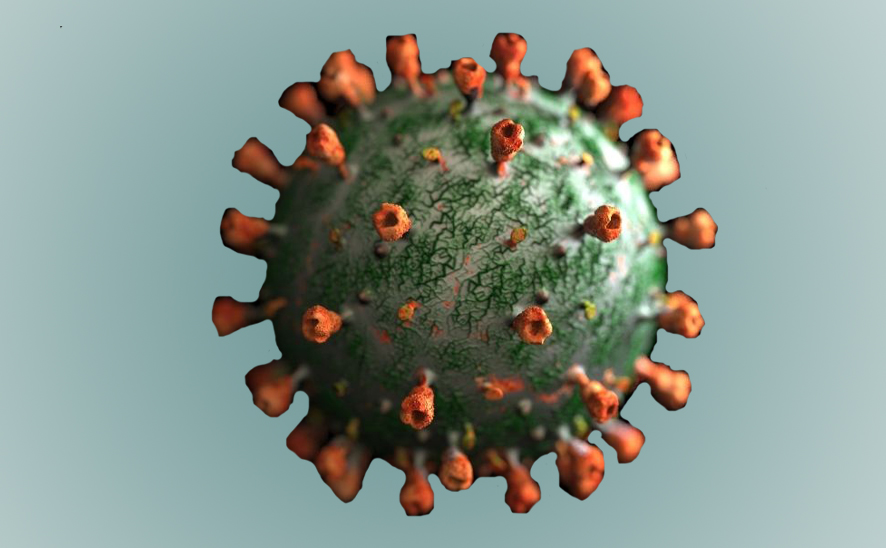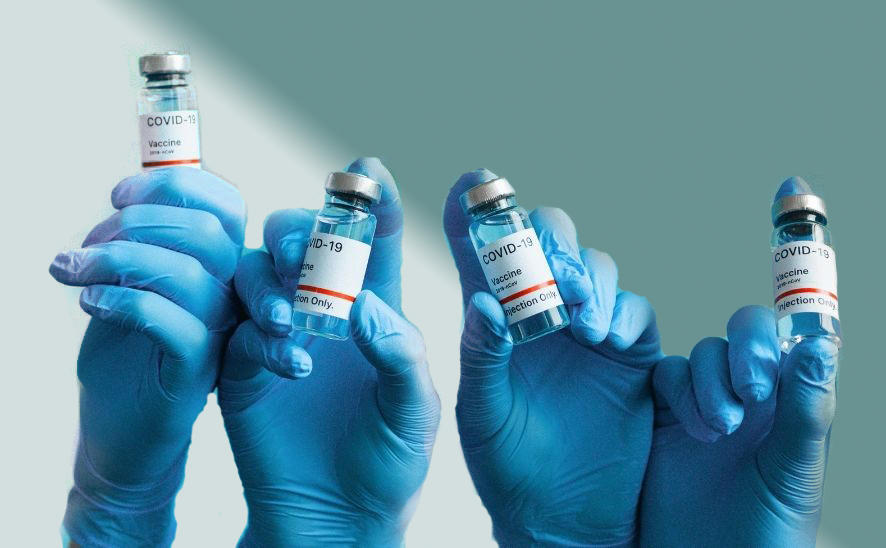Are Probiotics Effective Against COVID-19?

Probiotics are microorganisms that provide health benefits to the host when taken in sufficient quantities. They are mostly bacteria, often belonging to the Lactobacillus and Bifidobacteria genera. Probiotics can be found naturally in fermented foods such as yogurt, cheese, and kimchi, or taken as dietary supplements.
Although COVID-19 is primarily a respiratory disease, the virus can infect other body tissues, including the gut. It is relatively common for people with COVID-19 to experience gastrointestinal symptoms, although the percentage of cases varies depending on the study and the specific variant of the virus. For instance, the JN.1 (“Pirola”) variant, which is currently responsible for most COVID-19 infections worldwide, may have a greater tendency to cause gut symptoms such as diarrhea compared to previous variants. More data is needed to confirm this observation.
Research has shown that the gut microbiota of people with COVID-19 is different from that of healthy individuals, with a reduction in beneficial bacterial species and metabolites. These changes can have implications for the severity of the disease and the immune response.

The gastrointestinal tract and the microbes residing in it communicate bidirectionally with other organs in the body, including the lungs. This communication is facilitated by microbial metabolites, hormones, and immune regulators that can travel from the gut to the lungs and vice versa. Scientists refer to this as the “gut-lung axis,” and it is believed to affect responses to respiratory pathogens. Research has shown that probiotics can reduce the risk and improve the management of other respiratory infections, such as those caused by respiratory syncytial virus (RSV) and influenza. Therefore, given this information, it is reasonable to assume that probiotics may be beneficial in the context of SARS-CoV-2 infection.









